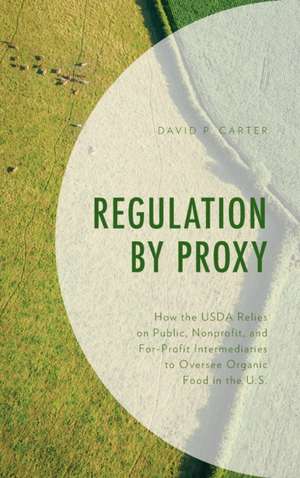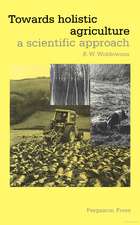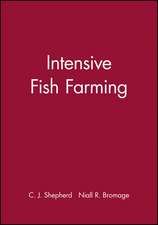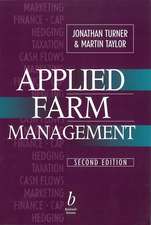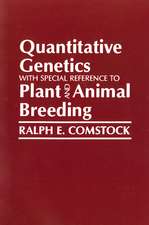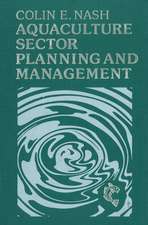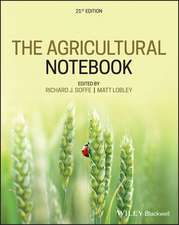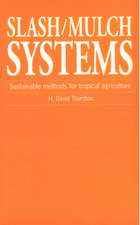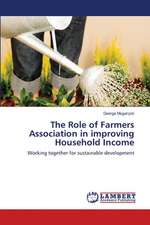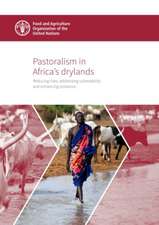Regulation by Proxy
Autor David P. Carteren Limba Engleză Hardback – 17 sep 2019
| Toate formatele și edițiile | Preț | Express |
|---|---|---|
| Paperback (1) | 353.78 lei 6-8 săpt. | |
| Rowman & Littlefield – 17 oct 2021 | 353.78 lei 6-8 săpt. | |
| Hardback (1) | 682.38 lei 6-8 săpt. | |
| Rowman & Littlefield – 17 sep 2019 | 682.38 lei 6-8 săpt. |
Preț: 682.38 lei
Preț vechi: 934.77 lei
-27% Nou
Puncte Express: 1024
Preț estimativ în valută:
130.59€ • 141.80$ • 109.69£
130.59€ • 141.80$ • 109.69£
Carte tipărită la comandă
Livrare economică 22 aprilie-06 mai
Preluare comenzi: 021 569.72.76
Specificații
ISBN-13: 9781498574198
ISBN-10: 149857419X
Pagini: 256
Dimensiuni: 152 x 229 x 22 mm
Greutate: 0.52 kg
Editura: Rowman & Littlefield
ISBN-10: 149857419X
Pagini: 256
Dimensiuni: 152 x 229 x 22 mm
Greutate: 0.52 kg
Editura: Rowman & Littlefield
Notă biografică
David P. Carter is assistant professor of public policy and administration at the Public Affairs Program of the Department of Political Science, University of Utah.
Cuprins
Chapter 1. Regulation by Proxy
Chapter 2. A Framework for Examining Decentralized Regulation
Chapter 3. Institutional Emergence and Evolution: The History of Organic Food Governance in the U.S.
Chapter 4. Systems-Based Regulations and Rulemaking Counsel: USDA National Organic Standards and the NOSB
Chapter 5. The Regulator: The National Organic Program
Chapter 6. The Third-Party Administrators: Accredited Certification Agents
Chapter 7. The Inspection Intermediaries: Organic Inspectors
Chapter 8. A State-Level Enforcement Intermediary: The California State Organic Program
Chapter 9. Coordinating and Information Intermediaries: Professional Associations and Materials Review Organizations
Chapter 10. The Regulatory Targets: Certified Organic Producers
Chapter 11. Appraising the Analysis: Institutional Design, Intermediaries, and USDA Organic Certification
Chapter 12. Final Reflections: The Theoretical Implications of Regulation by Proxy
Descriere
In this book David Carter explains how the USDA relies on a variety of intermediaries to regulate organic food in the U.S. Only by accounting for the contributions of such arbitrators, Carter demonstrates, can one understand and credibly assess policies governing the fastest growing agriculture sector in the country.
